Croatian Seafarers Seek Urgent Vaccination From Competent Ministries
January the 7th, 2021 - While those who are the most vulnerable to the novel coronavirus and healthcare workers must come first when it comes to rolling out the new coronavirus vaccine in Croatia, Croatian seafarers have also voiced their need to be vaccinated through their union.
As Morski writes, the Croatian Seafarers' Union has sent a letter to the Ministry of Health and MMPI requesting that a sufficient number of vaccines be provided and reserved for Croatian seafarers wishing to be vaccinated as soon as possible, and that they be publicly informed about the organisation and the possibility of vaccination when the conditions are right for that.
For now, vaccination against COVID-19 is conditional on the availability of the vaccine at any given time, but there is only a matter of weeks left before the vaccine will become a condition for seafarers working in various places across the globe to board vessels.
It's worth mentioning that when it comes to the work of Croatian seafarers, and indeed any seafarers, the new coronavirus vaccine is not classified in the group of recommended vaccines, but necessary vaccines, and it is well known that about 16,000 Croatian seafarers and sailors sail on vessels engaged in international navigation in various locations across the world.
Given their precarious employment status (as only a few Croatian seafarers actually have permanent contracts), seafarers might easily lose their jobs and as such their income if they don't have the opportunity to be vaccinated against the new disease in a timely and appropriate manner.
In its letter sent to the competent ministries, the Croatian Seafarers' Union has emphasised the possibility of issues arising as a result of them failing to get vaccinated and they have insisted on voluntary vaccination against the novel coronavirus, SARS-CoV-2, as soon as possible.
For the latest travel info, bookmark our main travel info article, which is updated daily.
Read the Croatian Travel Update in your language - now available in 24 languages
Cakovec Woman, 82, Dies of Heart Attack: Minister Beros - Unrelated to Vaccine
January 5, 2021 – Health Minister Vili Beroš stated that an older woman in Cakovec died of a heart attack the day after receiving the coronavirus vaccine. Beroš said she was negative for coronavirus and her death had nothing to do with the vaccine.
At today's press conference of the National Civil Protection Headquarters, Health Minister Vili Beroš said that an 82-year-old woman from a nursing home in Čakovec died on December 28, 2020, after receiving a coronavirus vaccine the day before. He explained the whole situation.
"After the vaccination on December 27, 2020 between 2 and 4 pm, the lady was checked and was in good condition. The next morning, on December 28, the epidemiologist checked her condition through the head nurse at the nursing home, which was also good. Sometime around 5 pm that day, the lady's clinical condition worsened. An ambulance was called, but the woman died an hour later in the nursing home," said Beroš.
According to the autopsy findings, the patient was negative for coronavirus. She died of cardiac decompensation, i.e., heart failure. The patient was a chronic patient. She had asthma and a probe, a tube that is inserted through the nose for feeding. The patient was lying down and could not walk.
Due to her health condition, especially asthma, the epidemiologist estimated that the person needed to be vaccinated, and she died of a heart attack a day later.
"The Commission in the Ministry of Health has not proven that the cause of death was related to vaccination. Suppose our most vulnerable people are vaccinated, which will sometimes mean patients with high comorbidity. In that case, it is always possible (as has already happened in the world and some neighboring countries) that someone will die without it being related to vaccination," Beroš said.
This event has been reported to the Agency for Medicines and Medical Devices HALMED, as a potential suspicious side effect and will be further evaluated. However, the Commission at the Ministry of Health considers that the patient's death is not related to the coronavirus vaccination.
To read more news from Croatia, follow TCN's dedicated page.
For the latest travel info, bookmark our main travel info article, which is updated daily.
Read the Croatian Travel Update in your language - now available in 24 languages.
Civil Protection Headquarters Staff Get Vaccinated, Vili Beros Doesn't
January the 5th, 2021 - Croatia's Civil Protection Headquarters staff have received the coronavirus vaccination and have urged others to be responsible, Health Minister Vili Beros, however, did not have the vaccine, but has stated that he will do so as soon as his recently acquired immunity expires, so in three months.
As Poslovni Dnevnik writes, at the press conference of the Civil Protection Headquarters, in front of the cameras, the director of the Clinic for Infectious Diseases, Dr. Alemka Markotic, the director of the CNIPH Krunoslav Capak and Minister of the Interior Davor Bozinovic, received the new coronavirus vaccination, while Minister Vili Beros said that he wouldn't be getting vaccinated for now.
“I was in doubt about what to do myself because I got over the illness. My position is as follows, I'm absolutely in favour of vaccination. At this point I've acquired immunity. I don’t think it’s ethical for me to be vaccinated at the minute, I publicly promise to get vaccinated when my immunity passes within the next three months. I must mention that I'm not the only one who has overcome the disease. As for all of us who are three to six months from recovery from the disease, I don't think we should be vaccinated yet, but we should do so when our acquired immunity expires. I will get vaccinated when the profession says I should,” Minister Vili Beros said.
For the latest travel info, bookmark our main travel info article, which is updated daily.
Read the Croatian Travel Update in your language - now available in 24 languages
Croatia Receives Another 17,550 Doses of COVID Vaccine
ZAGREB, 4 January, 2021 - Health Minister Vili Beros said on Monday that an additional 17,550 doses of COVID-19 vaccines had been delivered earlier in the day, and that 12,285 people had been vaccinated since Croatia started administering the vaccines against this infectious disease.
Beros said that a lower number of tests performed in the last few days could be ascribed to the fact that this was the period of Christmas and New Year holidays.
The minister expects more tests to be conducted as of mid-January.
As of the current stringent anti-COVID measures that are in place until 10 January, the minister said that their prolongation would depend on the epidemiological situation.
Croatia has registered 361 new coronavirus cases and 54 infection-related deaths in the last 24 hours, the national coronavirus response team said on Monday.
The number of active cases stands at 5,899 and 2,453 people are receiving hospital treatment, including 196 on ventilators.
With the 54 latest fatalities, the death toll has climbed to 4,126.
Since February 25, when the first case of infection was confirmed in the country, 213,319 people have been infected with the novel virus. A total of 203,294 have recovered, of whom 852 in the last 24 hours. Currently 16,865 people are in self-isolation.
A total of 1,035,076 people have been tested for coronavirus, including 2,985 in the last 24 hours.
What Kind of Life Awaits Croatian Anti-Vaxxers Who Refuse Vaccination?
December 29, 2020 – The arrival of COVID-19 vaccines in Croatia has been met with much relief by many people. But, not everyone is happy. Conspiracy theorists - those who favour disreputable sources and 'whispers on the wind' to real science - are reticent, some even angry. So, what kind of life awaits Croatian anti-vaxxers who refuse to take the vaccine?
The people who inhabit the lands now known as Croatia have a long history of being pushed around. For this, they cannot be blamed. Greatly outnumbered by the occupying armies of some of the most powerful empires of all time - the Romans, Venetians, Austro-Hungarians and Ottomans - their rebellions against such overlords have been relatively small in number. Their default setting has been to visit the kafana at the end of the day and moan, grumble, gossip - perhaps even plot - against those who make their lives disagreeable.
Croatia was finally freed of its last imposing masters over two decades ago. But, true to form, the grumbling in the kafanas has continued. Except, now that the kafanas are all closed in response to Coronavirus, the moaning has moved almost exclusively to the internet. And, it has reached a shrieking pitch.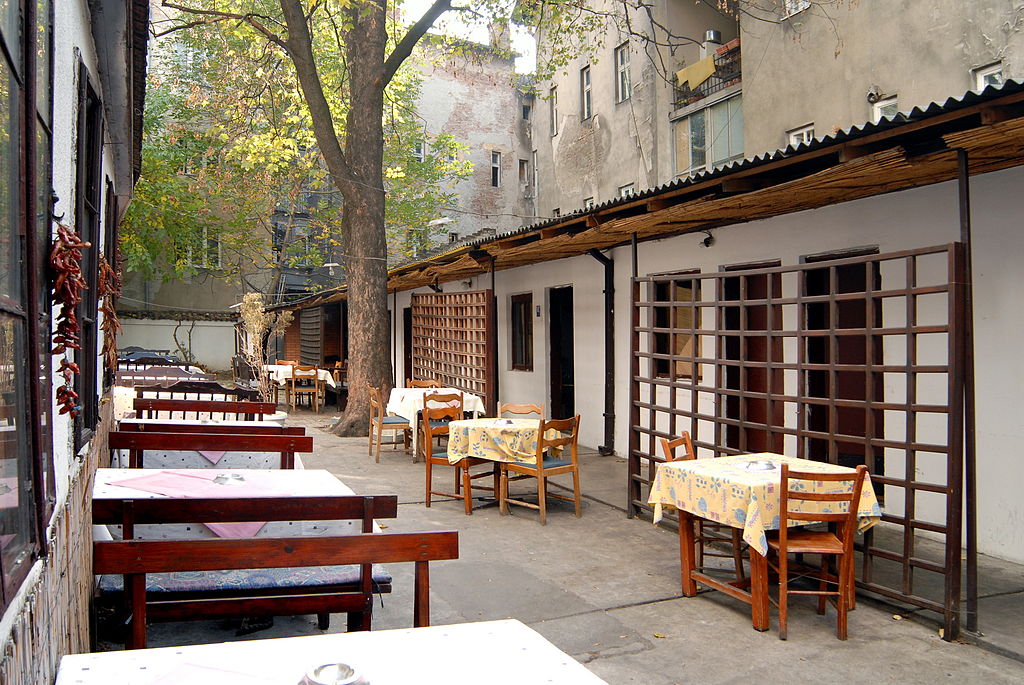
The arrival of COVID-19 vaccines in Croatia has been met with much relief by many Croatians. The news of the first vaccinated citizen, followed by the first vaccinated healthcare workers, was also well received. You can tell this from the overwhelmingly large amount of 'likes' such news generates when posted to social media. These warm welcomers of good news in Croatia could be best described as the silent majority. And, in the same way most Croatians lay subdued for lifetimes under bullying empires, this silent, sensible majority is drowned out by the deafening vitriol of the unhinged within the comments sections underneath.
These arch-moaners appear in the comments on most issues, railing against the increasingly modern ways of the world. On the issue of Coronavirus and the incoming vaccines, it is the Croatian anti-vaxxers who are angrily dominating the discourse.
It appears near pointless to debate with them. They are not ones for science, facts nor reasonable debate. Not for them are the reports of scientific journals, the BBC, The New York Times, The Guardian, Al Jazeera, or The Washington Post. Instead, they cite the most spurious of sources – a website nobody else has heard of, a document written by a friendless doctor from the Texas farming community who has a curiously photoshopped profile picture, a Youtube video made for the same price as a hamburger and narrated by a 17-year-old from the outside toilet. There's no point telling them that the vaccines coming onto the market were actually designed back on January 13, just two days after the Coronavirus genetic sequence had been made public and that it has taken until now to produce them, due to stringent testing on their safety. No. Because for Croatian anti-vaxxers, whispers on the wind, the horoscopes, crystal ball of the fortune-teller and the inescapable stare of Braco are just as reliable - if they're telling you what you want to believe. For whichever lunatic theory you want to adopt, you can look online and you'll be sure to find some crackpot to back it up. The internet is the great leveller for Croatian anti-vaxxers as well as everywhere else - a place where deposed Nigerian royalty who want to put money in your bank account have just as much credence as an 80-year-old media title with a blemishless reputation.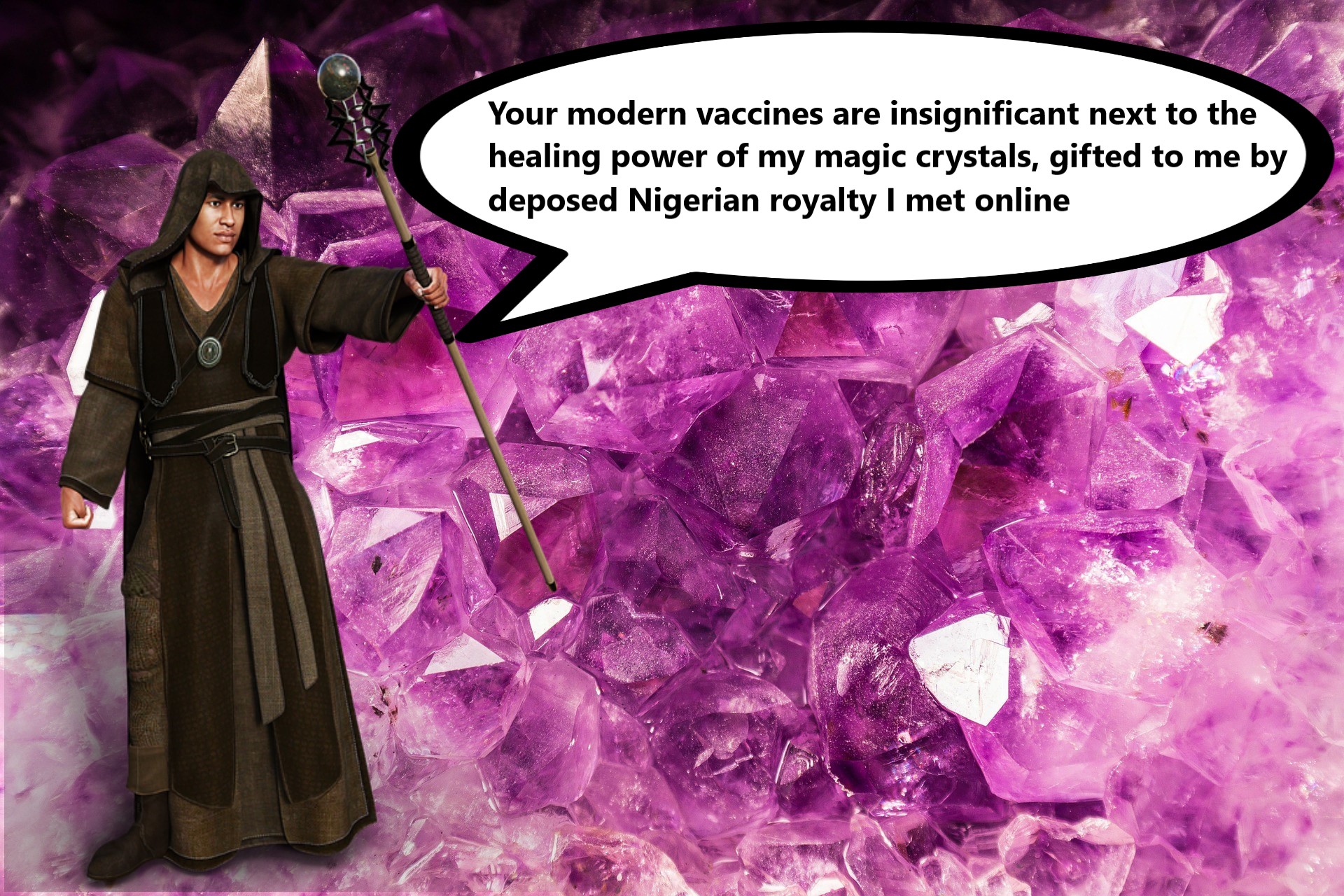
Of course, while life is too short to even debate with anti-vaxxers in Croatia or anywhere else, that's not to say they are undeserving of sympathy. In our recent interview with a doctor working on the Coronavirus frontline in a Croatian hospital, they generously raised an interesting defence of the tin-foil hat brigade - “It's not always the content of the conspiracy theory that appeals to these people as much as it is their inability to accept facts – the truth – because they have little faith in the authorities that are telling them.”
Finding fault in authorities is far from unique to Croatia. Yes, there is a certain amount of kafana moaning and grumbling all over the world, and often for good reason. Politicians are more than aware of this. And, in an era of widespread voter apathy and low voter turnout, where yet another silent majority has the potential so easily to change the names of those who govern, this is exactly why politicians will abstain from making the Coronavirus vaccines mandatory. With things as they currently stand, it is near inconceivable that Coronavirus vaccines will be made compulsory in Croatia or in any other western democracy. Good news for Croatian anti-vaxxers? Well, not quite, because it is highly likely that the private sector will be among the greatest of persuaders for vaccination. It is not unthinkable that we are about to enter a wholly new two-tiered society – the vaccinated and the unvaccinated. And signs of what that life might look like for Croatian anti-vaxxers are not good. They are not good at all.
“Vaccination could become one of the measures that would make it possible to come to events,” Stefan Breitenmoser, general manager of the Professional Association of Swiss Organizers of Concerts, Events and Festivals, told Sonntags Blick in the past week. In Switzerland, vaccination began on Wednesday and it is free. It is not only the entertainment events industry that is considering the measure - the Swiss Football League similarly said it is giving it serious consideration. Professional sports and the events industry have lost billions during the pandemic. The 2021 Olympics hangs on a knife-edge in regards to accepting audiences into its stadiums – it has already been delayed by a year. It is highly conceivable that access to all large events in future will be dependent on proof of vaccination.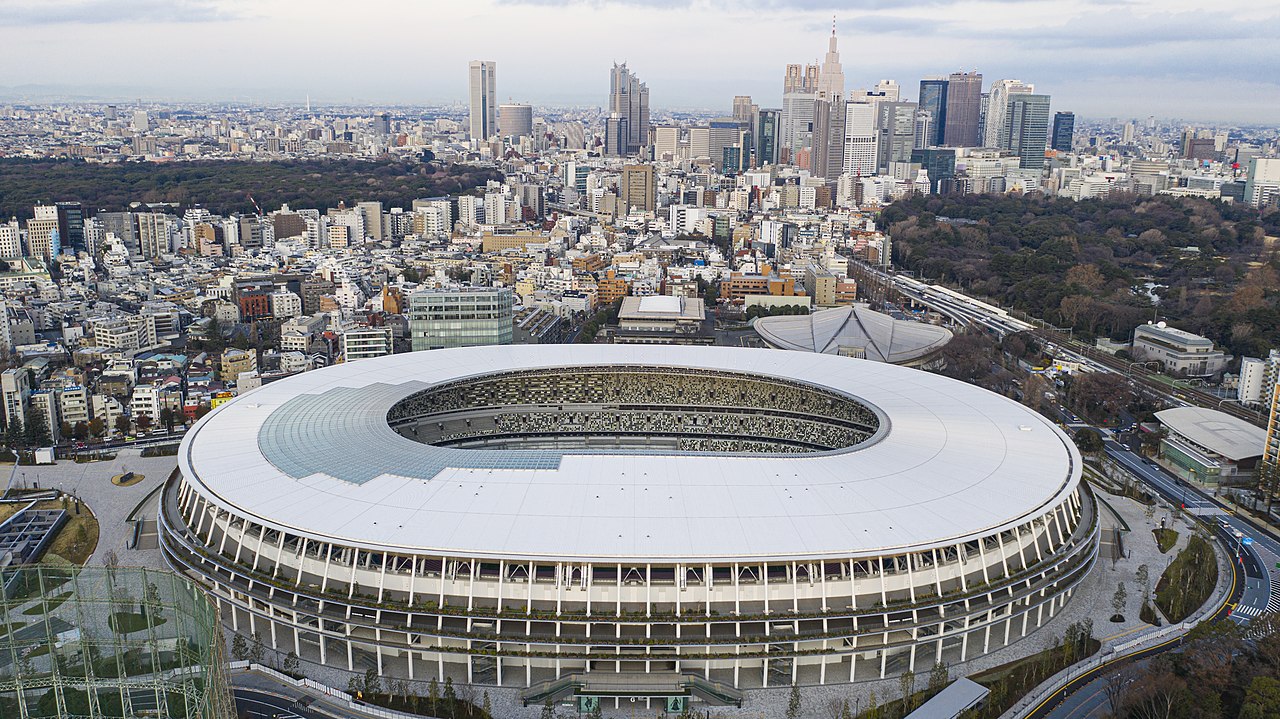 The National Stadium in Japan was due to host some of the key events of the 2020 Summer Olympics. The whole event has been delayed until summer 2021, in response to the pandemic © Arne Müseler
The National Stadium in Japan was due to host some of the key events of the 2020 Summer Olympics. The whole event has been delayed until summer 2021, in response to the pandemic © Arne Müseler
In an interview on N1 television in Croatia over recent days, epidemiologist Branko Kolarić - a member of the Scientific Council of the Government of the Republic of Croatia - echoed similar thinking. He stated that a list of the vaccinated will be carefully maintained, most likely through some kind of e-documents, and although vaccination will not be mandatory, vaccination will bring some benefits - such as air travel, group gatherings and attendance of concerts and festivals. You are surely not going to see police or soldiers checking your vaccination status at the entry to a dance music festival in Dalmatia. But, it is highly likely that event organisers will insist on proof of vaccination before granting entry. Even if they don't wish to, it is more than conceivable that they would not be granted the necessary licenses nor insurance without assuming such a position.
Another industry that has lost billions in the pandemic is the travel and tourism sector. Little surprise then to have found budget airline Ryanair launching a new campaign of 'Jab and go' over the last few days. The suggestion is crystal clear – get vaccinated, you can come on our planes, we'll allow you to travel. Ryanair will certainly not be the last airline to assume responsibility for vetting passengers' vaccination status. Croatian anti-vaxxers had better be really happy to be here, because international borders may well be permanently closed for them while they remain unvaccinated.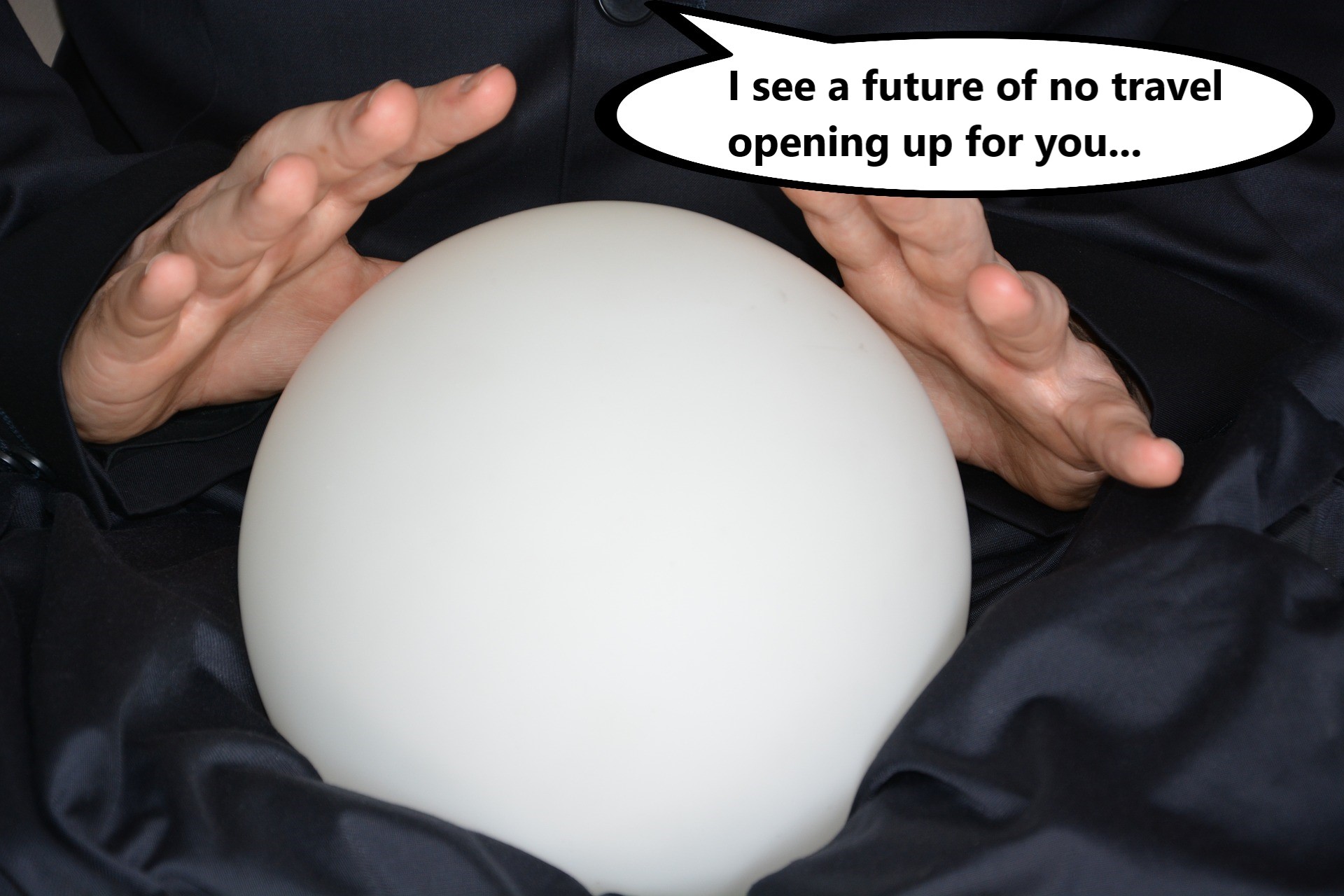
So, a life with no spectating at big sports events, no more large concerts or music festivals and no more international travel is what seems to be just around the corner for Croatian anti-vaxxers. Sounds harsh, unpleasant. But what if it extends to libraries, schools or even hospitals? We don't yet know anything concrete about the lower tier of existence Croatian anti-vaxxers may choose to dwell in. But, it's not where I want to live. Perhaps they'll even be forced to drink exclusively in their own anti-vaxxer kafanas? For sure they'll be easy to identify – they'll be the ones from which the loudest moans are coming.
The views expressed in this article are solely those of the author and are not necessarily shared by Total Croatia News
Branka Anicic is First Person in Croatia Vaccinated Against Coronavirus
December the 28th, 2020 - The long awaited vaccine against the novel coronavirus, SARS-CoV-2, has finally arrived in the Republic of Croatia. Vaccination began on the morning of the 27th of December, following the arrival of the vaccines in the country early on Boxing Day morning. Branka Anicic, a citizen of the capital, was the first person in Croatia to receive the vaccine.
As Poslovni Dnevnik writes, Branka Anticic from the Tresnjevka Home for the Elderly in the City of Zagreb has gone from anonymity to being the very first person to receive the new Pfizer coronavirus vaccine here in the Republic of Croatia. After receiving vaccination, Branka Anicic gave a statement to the eager media.
"I just got vaccinated. I'd like to send my greetings to everyone, we are overjoyed that our home was chosen, and that I've been the first to receive the vaccine. Let's finally start moving on with a new life, I hope that will be able to happen soon. The vaccine came quickly, faster than we'd hoped it might. It is now here, now we all need to accept it, for the sake of our friends, our family, and ourselves,'' Branka Anicic said.
"I didn't even feel the vaccination, the needle, it's as if nothing even happened. We can return to socialising at home, taking part in activities, enjoying the parks and enjoying the flowers,'' the Zagreb resident sweetly added. She was not afraid of receiving the vaccine, she says, and has since called on everyone to get vaccinated against the novel coronavirus in order for us all to collectively move on from 2020 - the year from hell.
For the latest travel info, bookmark our main travel info article, which is updated daily.
Read the Croatian Travel Update in your language - now available in 24 languages
Join the Total Croatia Travel INFO Viber community.
Croatian Healthcare Workers: Christmas's Forgotten Heroes?
December 28, 2020 – Amidst the difficulties of a second lockdown, a socially distanced Christmas and yet more earthquakes, have we forgotten about Croatian healthcare workers? TCN decided to interview a doctor working on the front line of the fight against COVID
During the first lockdown, it was all about the balconies. Saxophonists, DJs, opera singers – we were entertained on social media by a string of balcony-based stunts that somehow showed resilience, community spirit, humour. Zagreb was no exception. A trend of clapping on balconies in appreciation of healthcare workers passed from country to country and was picked up in Zagreb. After the applause finished, people went back inside. Nothing much had changed. It was a nice enough gesture.
Since the start of summer, no such applause has been heard. Perhaps the release from lockdown gave the signal that the lives of Croatian healthcare workers had also become much easier? That certainly wasn't the case. Though the number of people infected with COVID has grown significantly over recent weeks, Croatian healthcare workers have been treating people sick with COVID since springtime.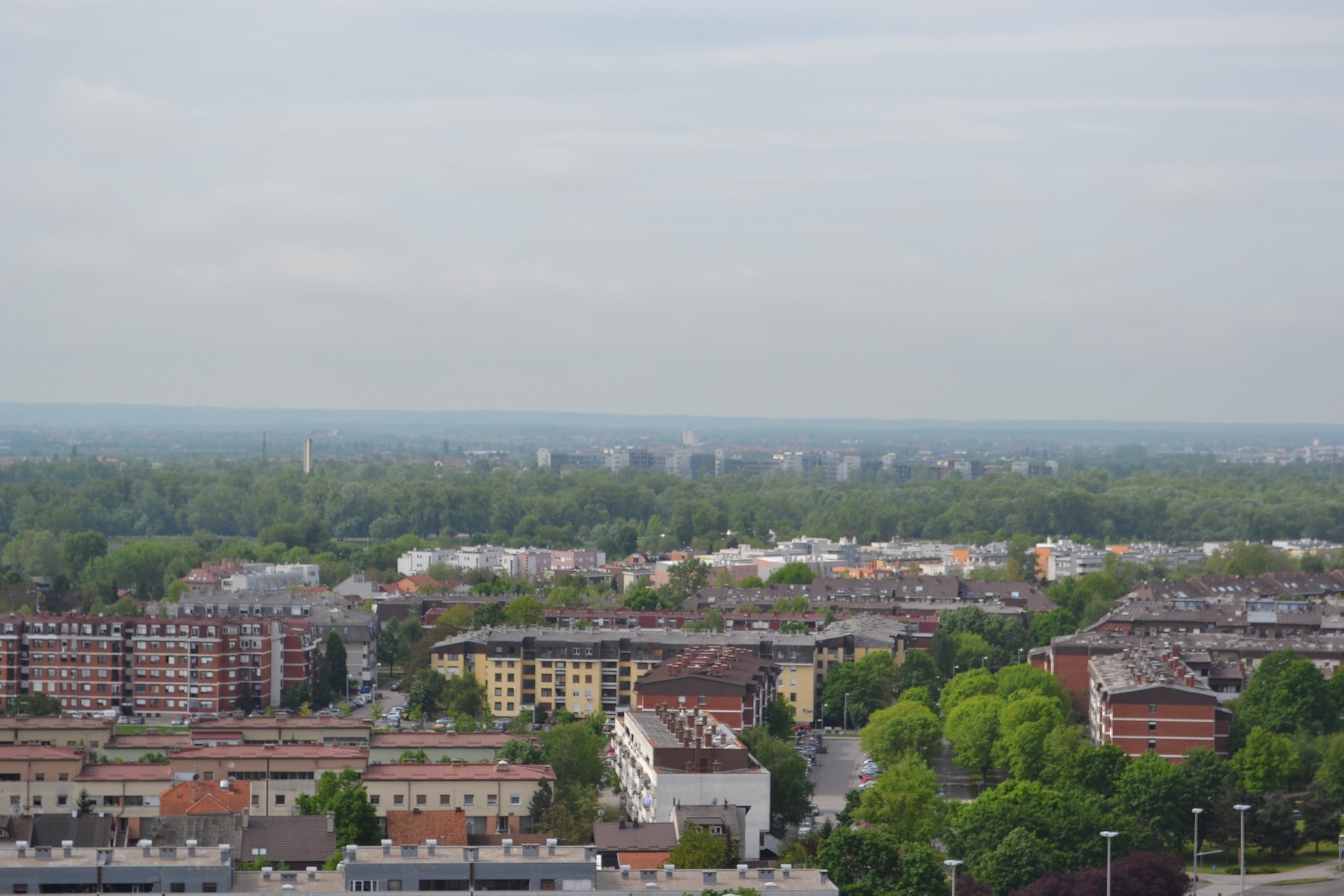
Croatian healthcare workers are currently busier with COVID patients than at any time before. And yet, there are no more trips out onto the balconies to show our appreciation for them. Perhaps it's now too cold outside? Perhaps some aren't aware how busy Croatian healthcare workers currently are with COVID patients? Are we perhaps guilty of taking Croatian healthcare workers for granted? Or, maybe we have simply put Croatian healthcare workers to the back of our minds as we struggle with our own challenges?
Throughout this year, TCN has been pleased to report many instances of generosity and innovation directed towards the fight against COVID. Certainly, not everyone in the country is guilty of forgetting about the Croatian healthcare workers who are on the front line fighting this disease. But, how much impact do these instances have on the general lives of Croatian healthcare workers? What is it like to no longer hear the nightly appreciation from our balconies? And, just what is life like as one of the many Croatian healthcare workers battling COVID in the year of the pandemic? TCN decided to interview one to find out.
The doctor we spoke with is a resident physician, working at a smaller community hospital in the continental part of Croatia. They agreed to speak with us on the condition that they do so anonymously.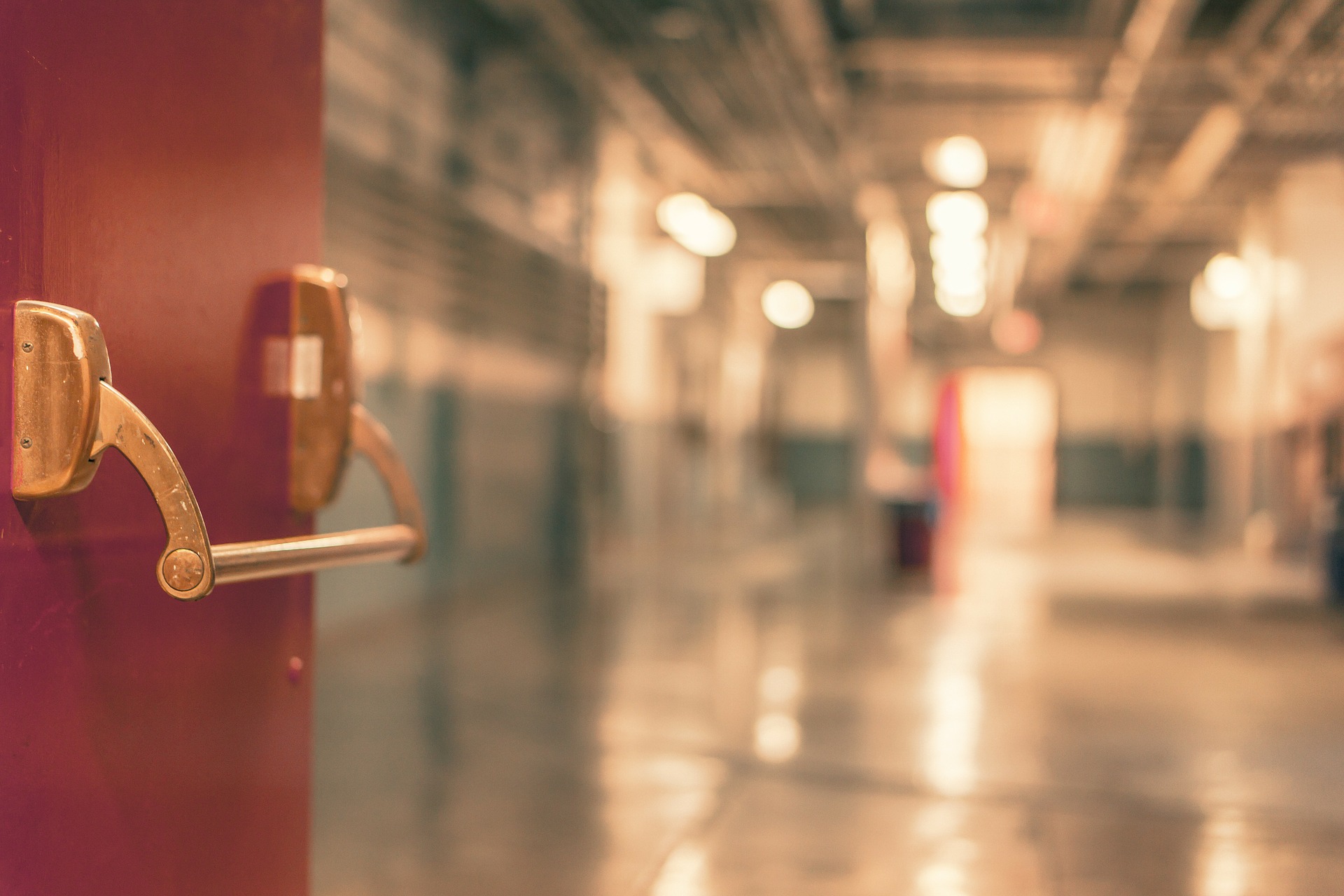
Looking back at the first lockdown, we didn't know so much about COVID back then. We didn't know exactly how it was spread, the different manifestations of the disease, what course the disease took, nor what the recovery could be like. I think the government did a really good job of responding to the threat as they saw it. We had a small spike in cases, but that is minuscule to what we have now.
I think people generally did what they were told because they thought it would be temporary and they could see the sense in starving the disease out.
At the hospital, we were at first caught a little off guard with the amount of PPE we had and some other resources that we needed. For ICU and ventilators, we were well equipped.
Some of the residents were given some paid leave. It was important to put human resources into tiers. Croatian healthcare workers were certainly more predisposed to catching the disease, simply because they were around it every day.
After such great early successes, I was surprised that everything was relaxed later on to allow the tourist season to take place how it did, and for events like the Vukovar commemoration. It felt like it was a calculated risk. The lockdown we are now in is perhaps too little, too late. The disease is out there now, wild. The numbers of infected people are significantly higher.
The difficulty with this disease is that people can be infected and have very few or no symptoms at all. They might not know they are spreading the virus. You might not know you're sitting next to someone who has it.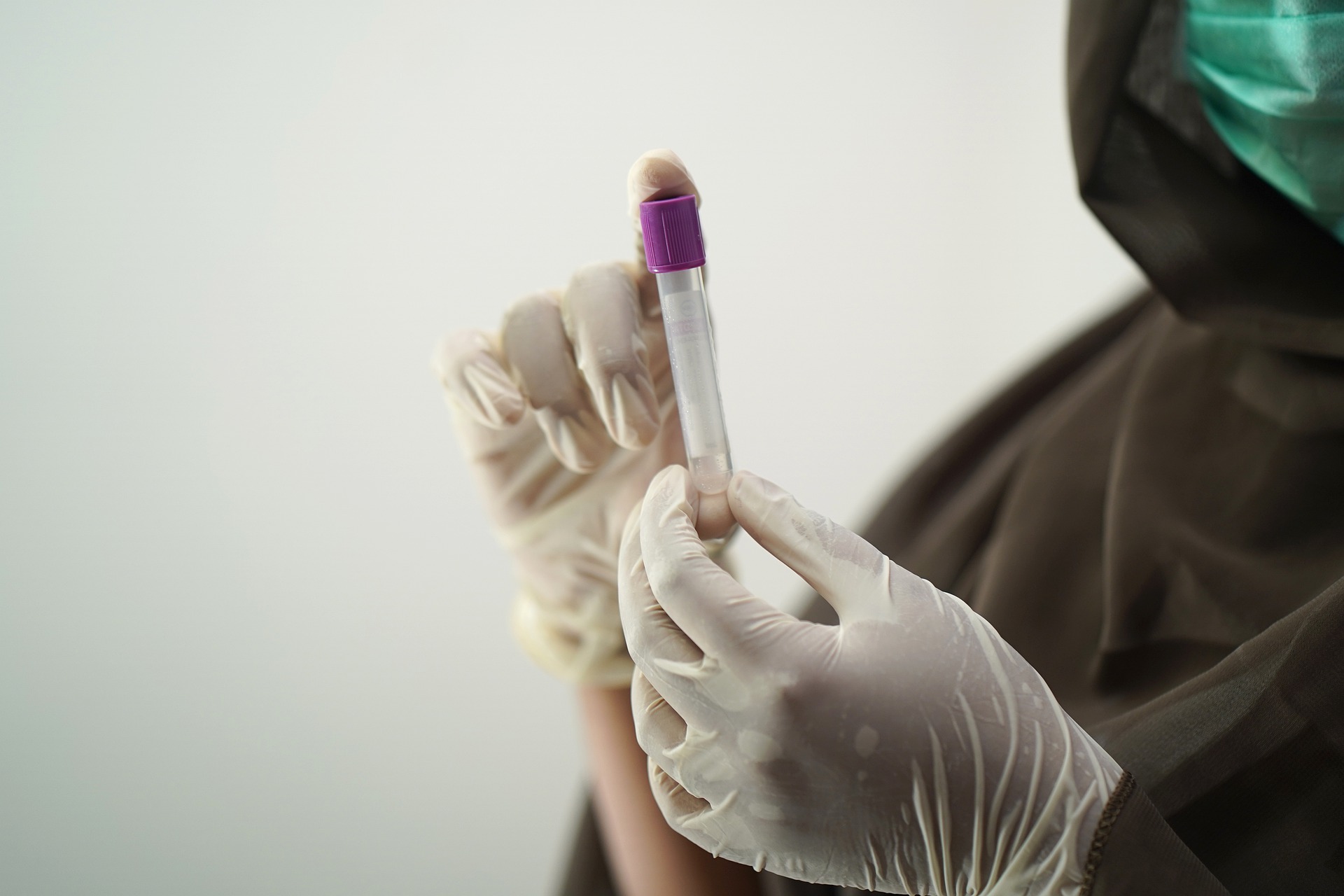
Even though we're not at the centre of care for a major population area or city, we saw cases of the disease almost immediately. Our community hospital services an area containing around 150, 000 people. The first cases in April came from nursing homes – elderly, vulnerable people, many with pre-existing conditions. We were well equipped to handle it. Now, we are stretched on a daily basis. We fill the beds with sick people as soon as we empty them.
We wear masks and PPE all day, all the time. All Croatian healthcare workers in hospitals currently do this. Every patient who comes in, regardless of their symptoms, we treat them as though they are carrying the disease.
A lot of residents like me, who are working towards getting their specialty, go to do some periods of work in larger hospitals in the bigger cities. Now, many of those residents have been called back to their community hospitals – we are short on human resources.
The hospital has had to restructure itself significantly. Lots of doctors have been asked to provide cover in the emergency department. Over half of that area is now fully dedicated to COVID.
What do COVID patients look like in regards to their symptoms? It depends on their age and risk group, but you see people who look like they have flu or bacterial pneumonia, you see people who are in acute respiratory distress. Sometimes they have neurological changes, some of them look like they have had a stroke. Some people who have been infected and have supposedly got over the worst of the symptoms, come back in after a month or two with blood clotting problems – blood clots in the legs, which have a tendency to travel up to the lungs and cause a pulmonary embolism. That's a pretty big medical emergency. Some who have pre-existing heart conditions come in with a heart attack triggered by them catching COVID – it's more complicated trying to revive someone when you know they have COVID. The presentation of the disease is so variable.
It's not only older people. I've seen young people be admitted with serious reactions to COVID - young, healthy people who have no pre-existing conditions. I've seen young people come in with mild symptoms, they are sent home with antibiotics and steroids. That is the standard treatment – antibiotics to prevent a bacterial super-infection and steroids to prevent an acute reaction by the body's immune system to COVID. - that's what can cause big problems later on, in the course of the illness. But, sometimes that's not enough. I had a young patient just last week - super healthy, worked out regularly, no pre-existing conditions – and his lungs just looked awful. He had to go to the ICU immediately (sadly, this patient later died). That's like no disease I've ever seen before. Really, COVID is a completely new kind of animal.
The new strain of COVID? There is evidence that it can be spread more easily, and that it can affect more younger people, but there is no evidence that it is any more severe. The vaccines will work against it.
We're short on ventilators now. Really, we need two free ventilators at any time, in case there is an emergency admission. We are not currently in the position where we always have two free ventilators – sometimes they are all in use. That's a worry. I worked one shift where the anaesthesiologist said “We just don't have any more space for them – we will just have to put them in the hallway”. I've never seen that before.
I've heard of Croatian healthcare workers, colleagues in other hospitals getting sick with COVID and the hospital asks them to prove they got sick at work. It's pretty clear that's the most likely place they would have got sick because they're working with COVID patients. They were forced to be off work, but only on a lower level of sick pay. If you get ill because of being at work, you get full pay. But, they couldn't prove it, so they didn't get that.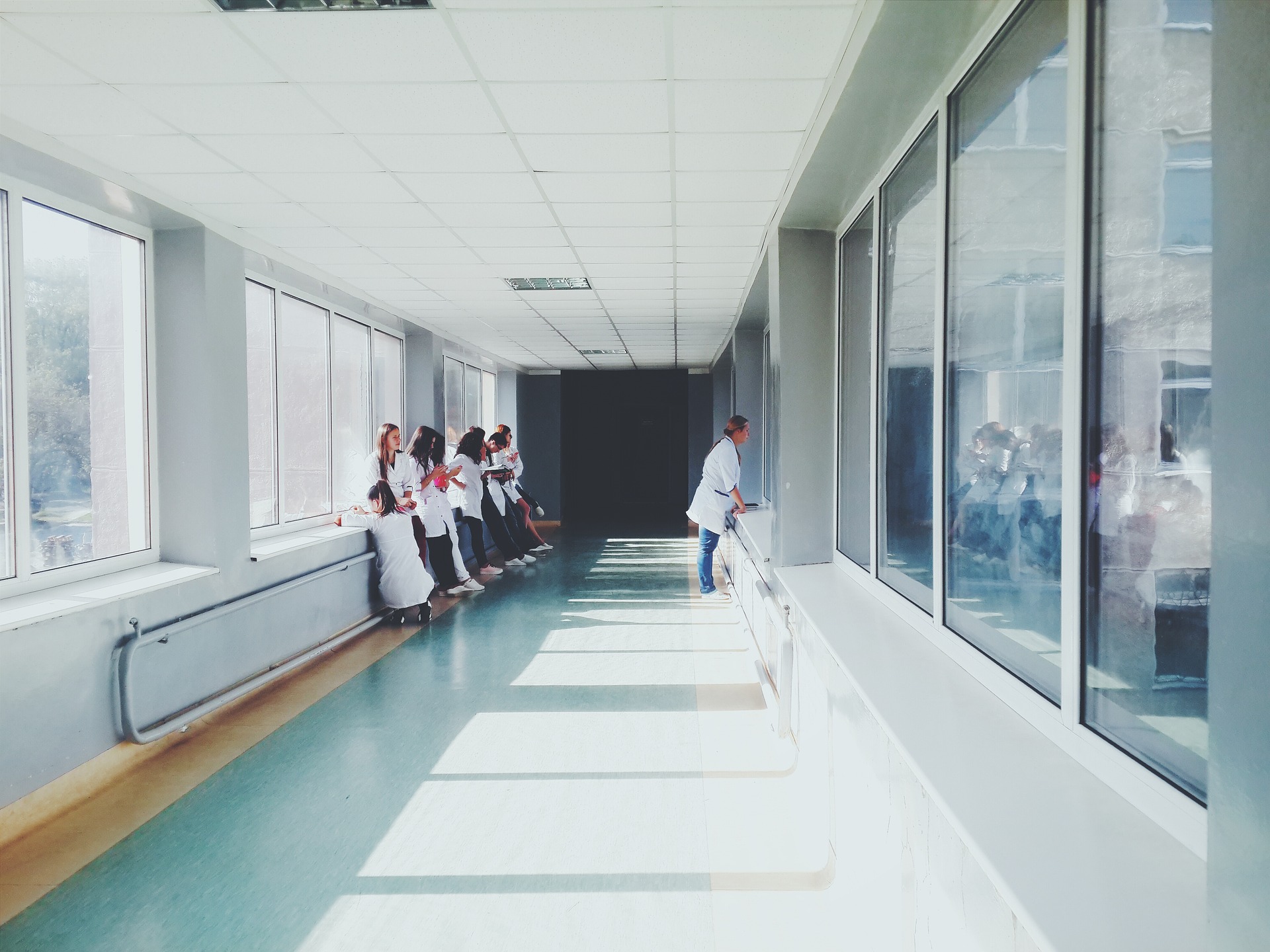
I've been lucky – I haven't caught COVID yet. Well, as far as I know. My pay hasn't gone down, it's gone up – but only because I'm working so many double shifts. I volunteer to provide cover when other members of staff get sick. The specialists – the consultant doctors – they have it worse than us resident doctors. They are more responsible, so they are expected to work more hours. Nobody is pressured or threatened into picking up extra shifts, it's just something that almost all of us just do.
I've read some nice stories about fundraising efforts and donations to Croatian healthcare workers and hospitals in different parts of the country. Everything is appreciated. But, I personally haven't seen any effect of that on our day to day lives at work. Not at our hospital. Maybe there were PPE donations or cash donations, but it hasn't impacted the daily lives of me and the Croatian healthcare workers who are my colleagues. I think I heard that a local garage was giving free cups of coffee if you show your medical ID. Every little is appreciated.
For me and the Croatian healthcare workers who are my colleagues, instead of any kind of personal discounts or donations to staff, we would much prefer if people just took this disease more seriously. Things look very different when you work in a hospital compared to someone outside who maybe doesn't know anyone who got sick.
I came off a particularly difficult double shift a couple of months ago – it was just non-stop COVID admissions, some severe cases. As I was walking home, I walked past a bar that's near to the hospital. They had signs on the walls telling people to keep their distance. But, the bar was absolutely packed – full of young people. It just felt so disappointing. I couldn't help but think of the older relatives they would come in contact with, some who might get really sick.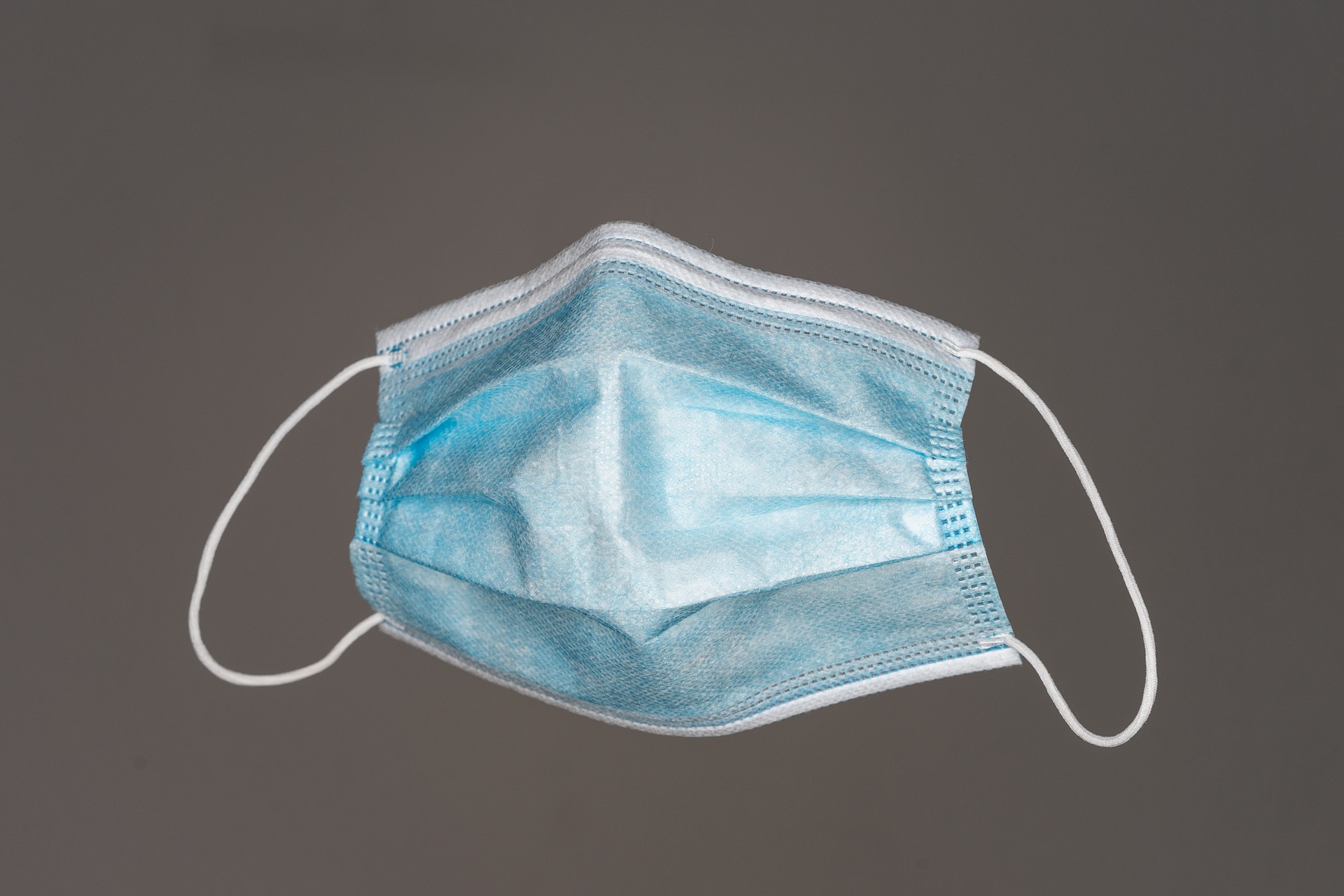
Instead of people clapping on balconies, I think Croatian healthcare workers would just prefer more general vigilance and personal responsibility – wear your mask, wash your hands regularly, no more parties in the basement. Clapping on balconies is a nice gesture, but ultimately it's an empty one.
How does it feel to know that there are some people out there, in every country, all around the world, who believe COVID is a hoax, or a plot, or not so serious, or that the vaccine is dangerous or something other than what it is?
Well, it's not always the content of the conspiracy theory that appeals to these people as much as it is their inability to accept facts – the truth – because they have little faith in the authorities that are telling them this. Here in Croatia, I think that distrust is quite high – a lot of people are disillusioned with the state and politics, because of corruption. Sometimes over 50% of the population choose not to vote. The dissemination of misinformation over social media doesn't help - if that's where people get their news from. If you look at that example from your own country, where strict measures about movement were put in place by your government, and immediately afterward, the Chief Advisor to the Prime Minister, was caught breaking them to travel across the country with his family to a second home in the countryside, going out on day trips. And he was defended by his colleagues after he was found out! When people see those kinds of things happening, the distrust between people and the authorities just grows.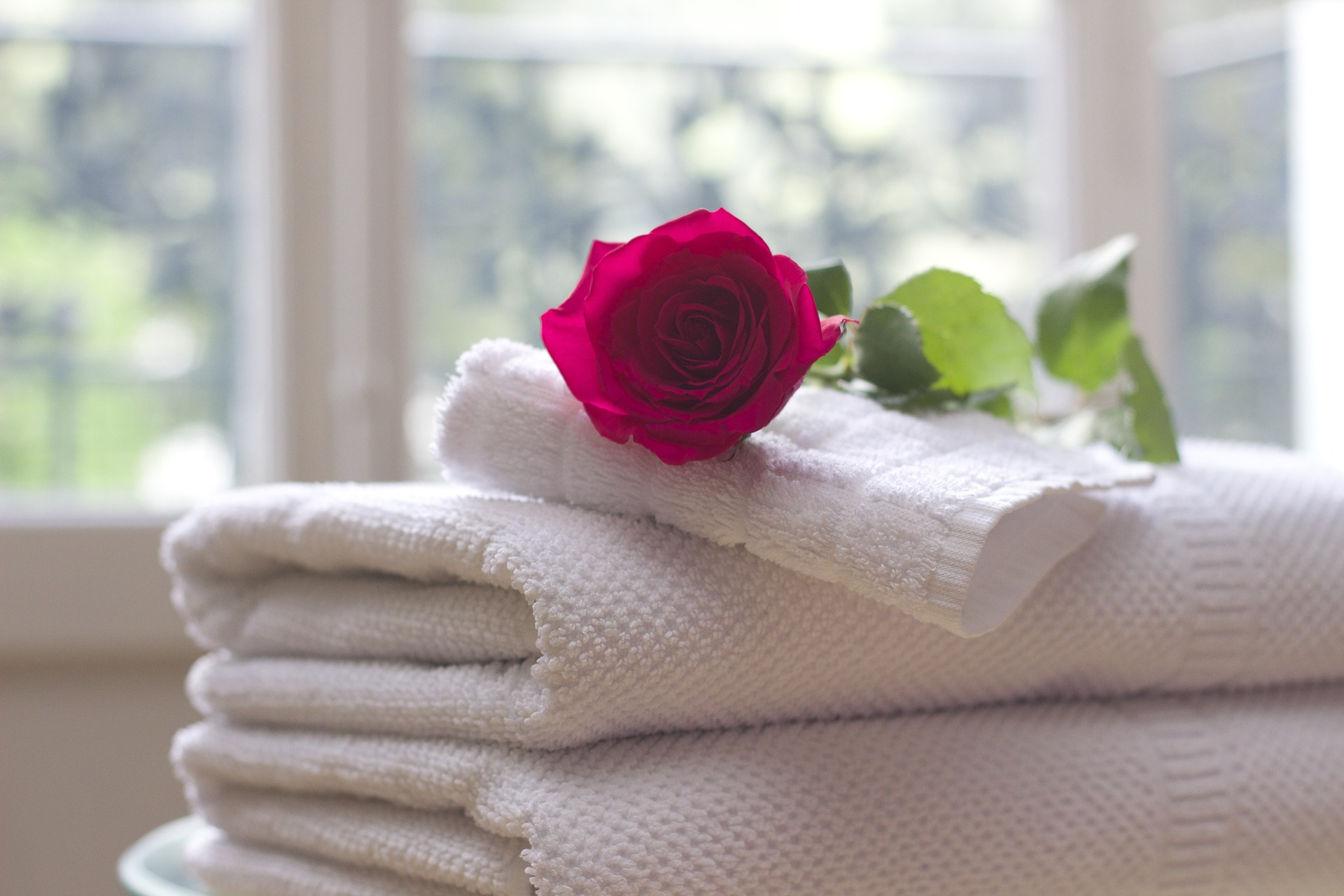
All of the images in this article are used as illustrations only. None of the places or people depicted are in Croatia or Croatian, except for the first image, a panorama of Zagreb
COVID-19 Vaccine is Safe, Says Member of Gov't Scientific Advisory Council
ZAGREB, Dec 27, 2020 - A member of the government's Scientific Advisory Council, Andreja Ambriovic Ristov, has said that the arrival of the COVID-19 vaccine in Croatia is the beginning of "the end of the abnormal situation we have been living in for ten months."
The first 9,750 doses of the Pfizer-BioNTech COVID-19 vaccine arrived in Croatia early on Saturday morning and the vaccination was set to start on Sunday.
Ambriovic Ristov, who heads the Department for Molecular Biology of Zagreb's Rudjer Boskovic Institute, said in an interview with Croatian Television on Saturday that the situation regarding the COVID-19 pandemic would not get back to normal so soon and that the dynamic of the vaccination would determine how soon herd immunity would be achieved.
It is assumed that immunity requires vaccinating 70% of the population, but there is a possibility that more people will have to get vaccinated, she added.
She noted that people should not relax too soon and that they should comply with the epidemiological restrictions in force.
"The current restrictions cannot be relaxed. They are good, the government made the right decision because two weeks ago, when they were introduced, the number of new infections started to decline. Unfortunately, the decline in hospital admissions is small but the number of fatalities is unfortunately still not going down," she said.
Ambriovic Ristov noted that one would have to live with restrictions until a majority of the population was immunised and until it became evident that the virus was circulating less in the population.
She said that it was not likely that people would be able to stop wearing face masks by autumn, but that the end was in sight.
She said that the vaccine was safe and that vaccination would not change anything in the human genome.
"We will stay as we are, the vaccine is completely safe," she said, stressing that only those with a history of more serious allergic reactions should be on guard.
Researcher: Vaccine won't yield effects before March
Researcher and molecular biologist Ivan Djikic said on Saturday that the vaccine that arrived in Croatia earlier in the day would not yield effects before March and stressed that compliance with epidemiological restrictions in January and February was essential for protection.
Expressing confidence that more than 70% of the population would get vaccinated based on positive results, he said that one should continue to be cautious because the vaccine alone would not defeat the disease.
It will take four to five weeks for the vaccine to yield a positive effect. "January and February are the months when we will have to work together to protect ourselves," he said.
The situation in Croatia regarding the epidemic is unstable, data on new infections are not reliable, the rate of testing is insufficient, he said.
"Croatia is No. 1 in terms of the growth of mortality, No. 2 in terms of the number of deaths and No. 4 in terms of pressure on hospitals. The vaccine will not yield effects before March, only our joint work will," he said, predicting that the situation will become more normal in the second half of 2021 but that life will completely get back to normal only in 2022.
PM Sure That Vast Majority of Croatians Will Be Vaccinated
ZAGREB, Dec 27, 2020 - Prime Minister Andrej Plenkovic said on Sunday that he was sure that a vast majority of Croatians would be inoculated against coronavirus in the next months, reiterating that first 9,750 doses of COVID-19 vaccine would be administered to citizens at the highest risk and front-line professionals.
"I and my Cabinet are very happy that the vaccine rollout has started in Croatia. We have made the vaccination plan which the government adopted. The plan was prepared by the Croatian Institute of Public Health, to roll out vaccines throughout all the counties," the premier said after the first person in Croatia, an 81-year-old Branka Anicic, a resident of a retirement home in Zagreb, was given a Pfizer jab on Sunday morning.
Plenkovic underscored that the first 9,750 doses would be given to citizens at the highest risk of contracting the disease and to frontline workers.
The Croatian PM expects the European Medicines Agency (EMA) to certify the COVID-19 vaccines produced by Moderna on 6 January.
Asked by the press why Croatia's state leaders were not among the first to receive the vaccine, Plenkovic explained that the first doses should be distributed to residents in old-age care homes who are high-risk groups of citizens and to front-line physicians who care for them.
There will be enough time for the demonstration of giving vaccines to (officials) that should encourage as many people as possible to get vaccinated, said Plenkovic, who recently recovered from COVID-19.
He expressed his belief in the common sense of most citizens who will get vaccinated.
PM: Arrival of Vaccine Gives Rise to Hope Life Will Return to Normal in 2021
ZAGREB, Dec 27, 2020 - Prime Minister Andrej Plenkovic said in a Twitter post on Saturday that the arrival of the first batch of the COVID-19 vaccine gave rise to the hope that life would return to normal during 2021.
"The first doses of the COVID-19 vaccine have arrived in Croatia this morning. The main priority is protection of the most vulnerable and most exposed groups - the elderly and infirm and medical workers and employees of welfare institutions. The arrival of the vaccine is an encouraging message that gives rise to the hope that life will return to normal in 2021," Plenkovic said.
Croatian Public Health Institute (HZJZ) director Krunoslav Capak and vaccine distribution coordinators early this morning took over the first 9,750 doses of the Pfizer-BioNTech COVID-19 vaccine that had arrived in the country.
The vaccine must be stored at -70 degrees Celsius and its distribution across the country will start on Sunday.
The first batch of the vaccine is a symbolic one, delivered to all EU member-states to mark the start of European vaccinations on December 27, 28 and 29. After that, new batches will be arriving in Croatia on a weekly basis, in line with the vaccination schedule.
The HZJZ has called on citizens to respond to the vaccination campaign in line with its slogan - "Think of others - get vaccinated".


